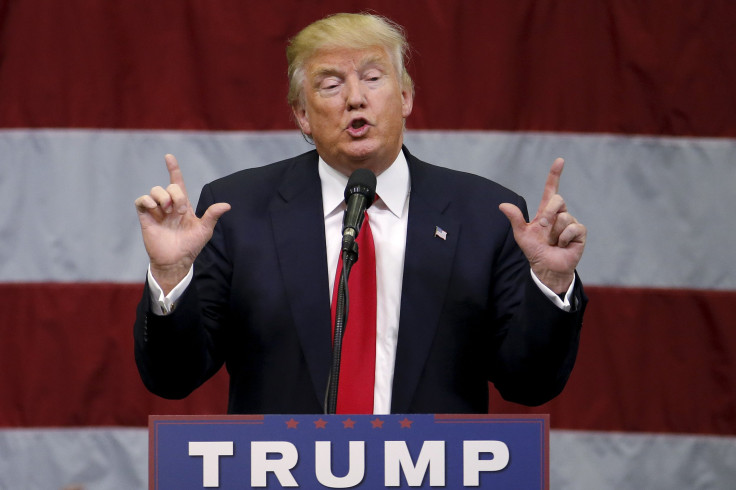Election 2016: Republicans Could Change Convention Rules To Undermine Trump, Elevate Cruz Or Outside Candidate

As the Republican Party heads toward what seems increasingly likely to be a contested nominating convention this July, officials on the GOP’s rules committee plan to consider new rules that could undermine the current front-runner, Donald Trump, who is likely to have the most delegates headed into the event.
Officials with the Republican National Committee (RNC) plan to consider a proposal for a new rule book to select the party’s nominee during the organization’s annual spring meeting in Hollywood Beach, Florida. Any changes, which will likely be held off until closer to the convention, could give delegates greater power to undermine the proceedings and pick a Republican standard-bearer, (potentially) one who isn't even running right now, according to Politico.
But Trump, who is eyed with suspicion by many in the so-called Republican establishment, is very aware of the efforts by his detractors to deny him the nomination. Earlier this week, the billionaire and his allies rolled out a harsh — though perhaps entirely accurate — critique of the nominating process.
“Our Republican system is absolutely rigged. It’s a phony deal,” Trump said Tuesday, saying that his supporters are being cut out of the election proces. “They wanted to keep people out. This is a dirty trick.”
There is a real chance that Trump, even with current rules, could be denied the nomination if he heads into the Cleveland RNC convention without 1,237 pledged delegates. That number is the benchmark to win the nomination outright on the first ballot of the event. Should he not secure the nomination, many delegates will be freed up from their pledged support on the second and subsequent votes in the convention and could vote with their conscience as opposed to for the candidate their state’s voters preferred.
That's where Trump could be at a disadvantage. He is known for bucking the traditional political system this campaign, which means that he hasn’t established the same sort of political framework as candidates like Texas Sen. Ted Cruz who have worked slyly to ensure that delegates headed to Cleveland are actually committed to them. In states like Arizona, for instance, where Trump won just over 47 percent of the vote to Cruz’s 24.9 percent, Cruz allies have lobbied to fill as many of the 55 delegates headed to the convention with people sympathetic to the senator. It appears to be working.
© Copyright IBTimes 2024. All rights reserved.






















